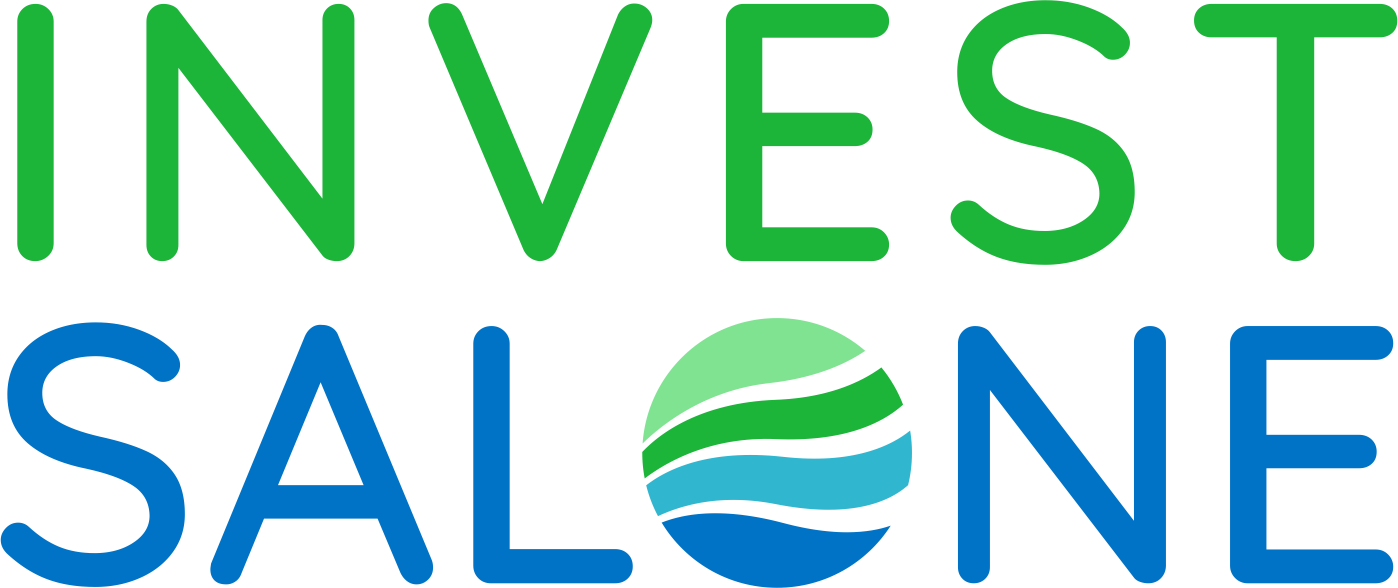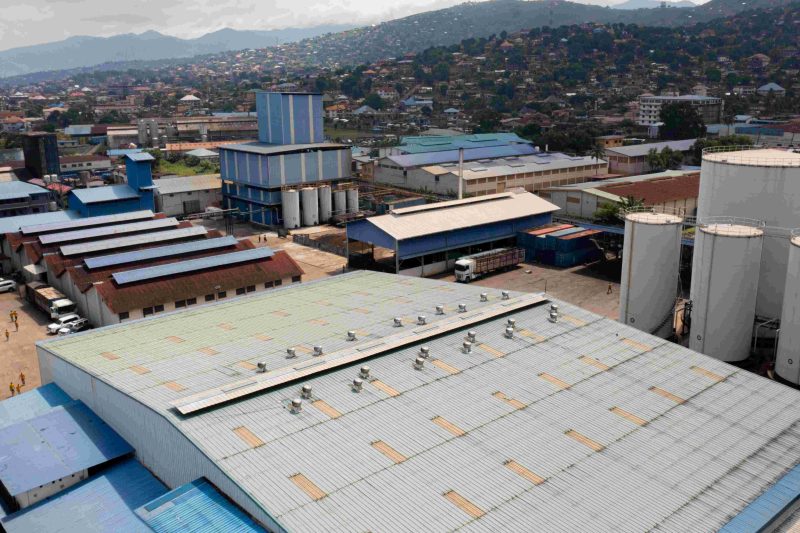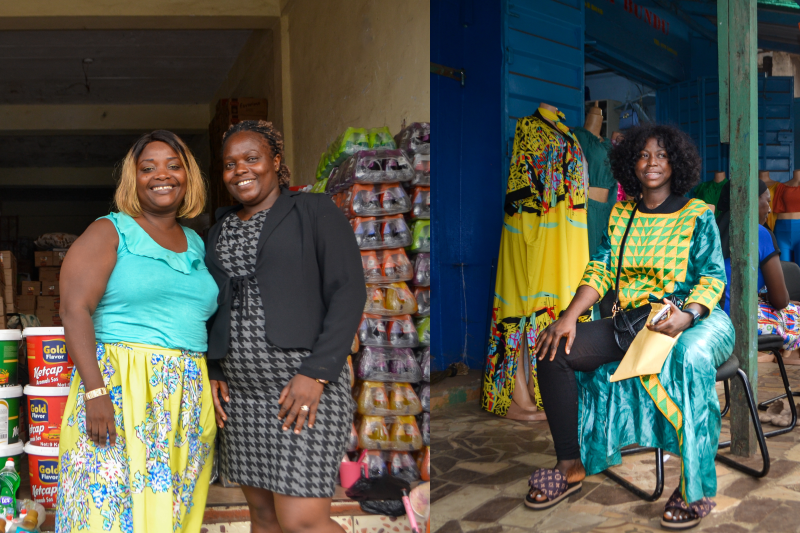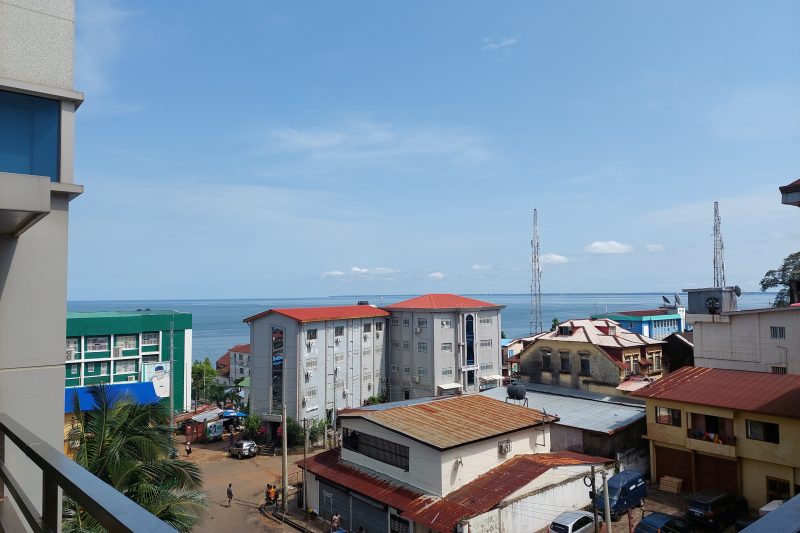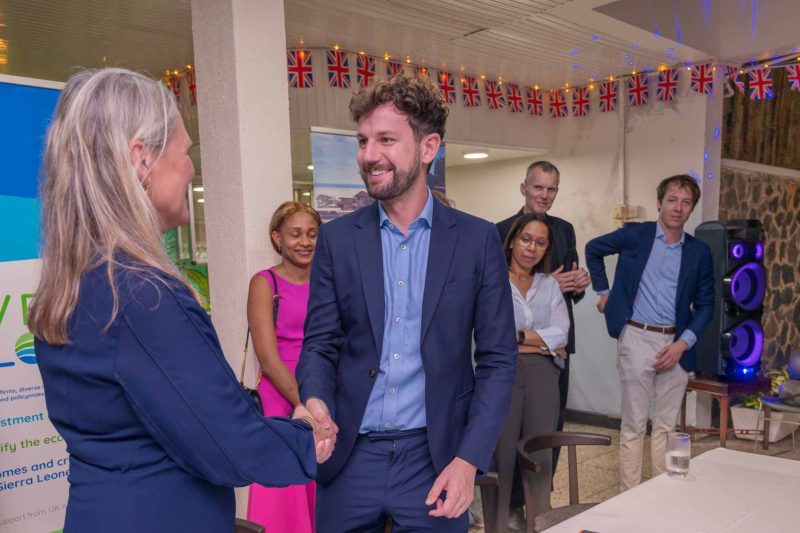A new toolkit, designed and released by Invest Salone, will help guide Sierra Leonean credit institutions through the complex process of applying for wholesale funding for green growth, which they can on-lend to businesses and individuals.
The Investment Readiness Toolkit for Financial Institutions in Sierra Leone is tailored to the needs of financial institutions that accept and manage deposits and make loans, such as commercial and community banks, as well as microfinance institutions (MFIs). It was released by Invest Salone, a UK-government funded private sector development initiative. The toolkit is part of a programme to support the adoption of sustainable or ‘green’ finance principles by Sierra Leonean financial institutions. It is intended to help banks understand how to access sources of wholesale finance which incorporate environmental, social and governance (ESG) considerations into their terms and conditions.
With Sierra Leone’s vulnerability to climate and environmental-related risks, accessing wholesale finance for green growth will become increasingly important. ESG finance could also support financial inclusion by allowing banks in Sierra Leone to develop more affordable and sustainable banking products and services, including access to finance for small and medium-sized enterprises (SMEs).
The toolkit was introduced to the financial sector at a workshop where participants from banks and microfinance institutions were able to identify and work through the financial and non-financial investment that lenders, including international financial institutions and bilateral development financial institutions, would use to assess the viability of a transaction.
The workshop was led by Invest Salone Consultant, Michael Coates, who said that to respond to the risks of climate change and environmental damage, Sierra Leone’s financial and private sectors needed to position themselves to attract the finance necessary for climate adaptation products and services. “This toolkit is designed to help credit institutions in Sierra Leone who have limited or no experience in corporate finance. It accustoms credit institutions to the criteria that institutional lenders may use in order to assess the viability of a transaction and takes them through the process.
“Once a financial institution has a good handle on how it is evaluated by potential lenders and investors, it is much better positioned to develop a plan and a pitch that is compelling and bankable,” he said.
The Toolkit combines financial and non-financial criteria based on the “CAMELS” framework (Capital, Assets, Management, Earnings, Liquidity, and Sensitivity) which is the benchmark for assessing the creditworthiness of financial institutions used by central banks, credit ratings agencies, and development and commercial lenders across the world.
It presents simplified financial statements based on a real second-tier commercial bank in Sierra Leone and contains a “Self-Assessment” tool to help financial institutions understand their strengths and weaknesses. It assists financial institutions to identify areas where they need to make strategic improvements to their business and operating models and to prepare realistic and robust proposals for facilities from lenders, particularly from the development finance community.
Abu Koroma from the Union Trust Bank, who attended the workshop, said that it had been an insightful experience. “The toolkit provided measures to evaluate our financial and non-financial performance indicators and strategies on evaluating our strengths and weaknesses to prepare for fundraising.”
Gabriel Eshiague from LAPO Microfinance added that the self-assessment component of the toolkit had the potential to be very impactful, highlighting the importance of understanding the use of the CAMELS self-assessment framework, calculation of key ratios and qualitative criteria used by lenders to assess financial institutions.
Download the toolkit here.
